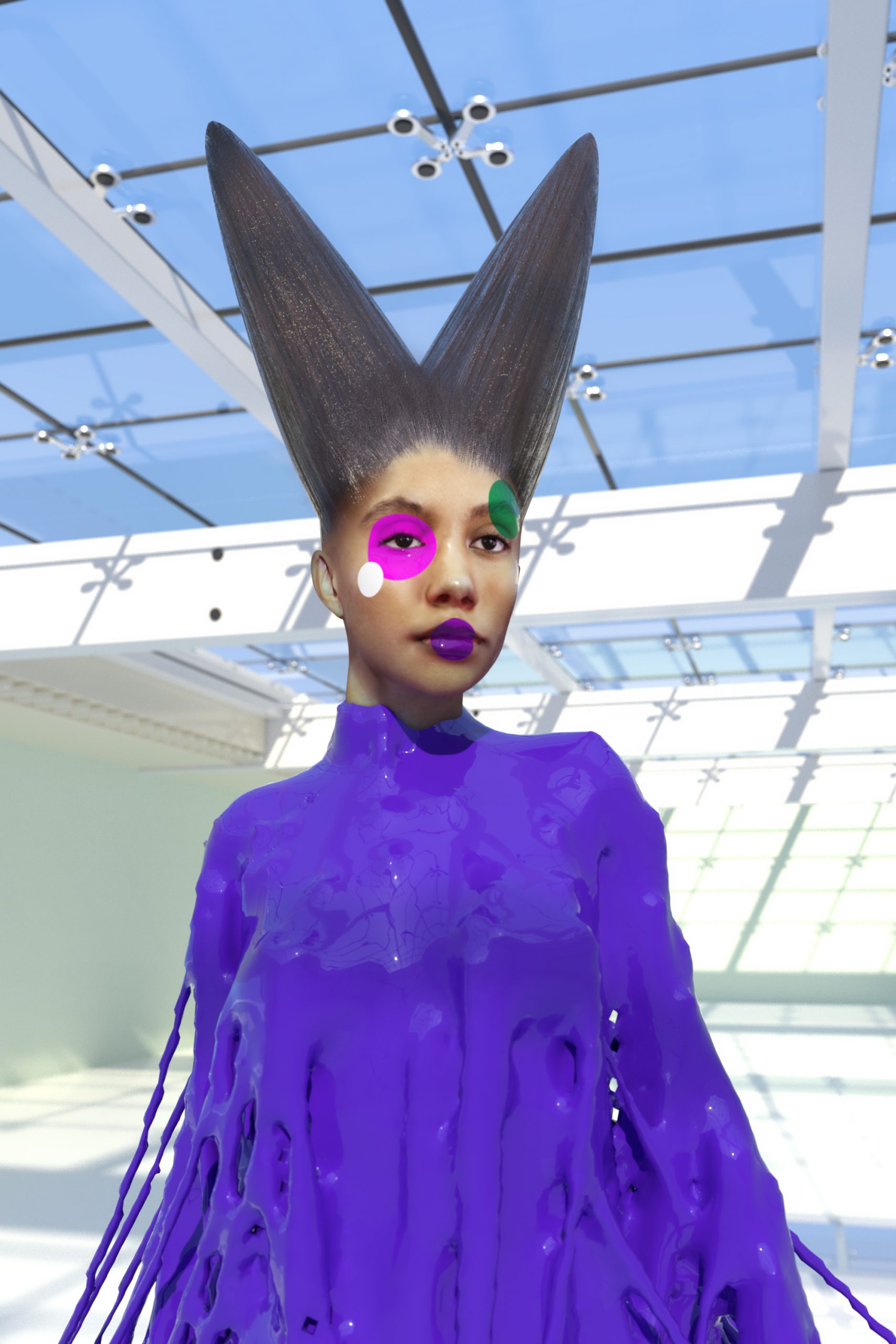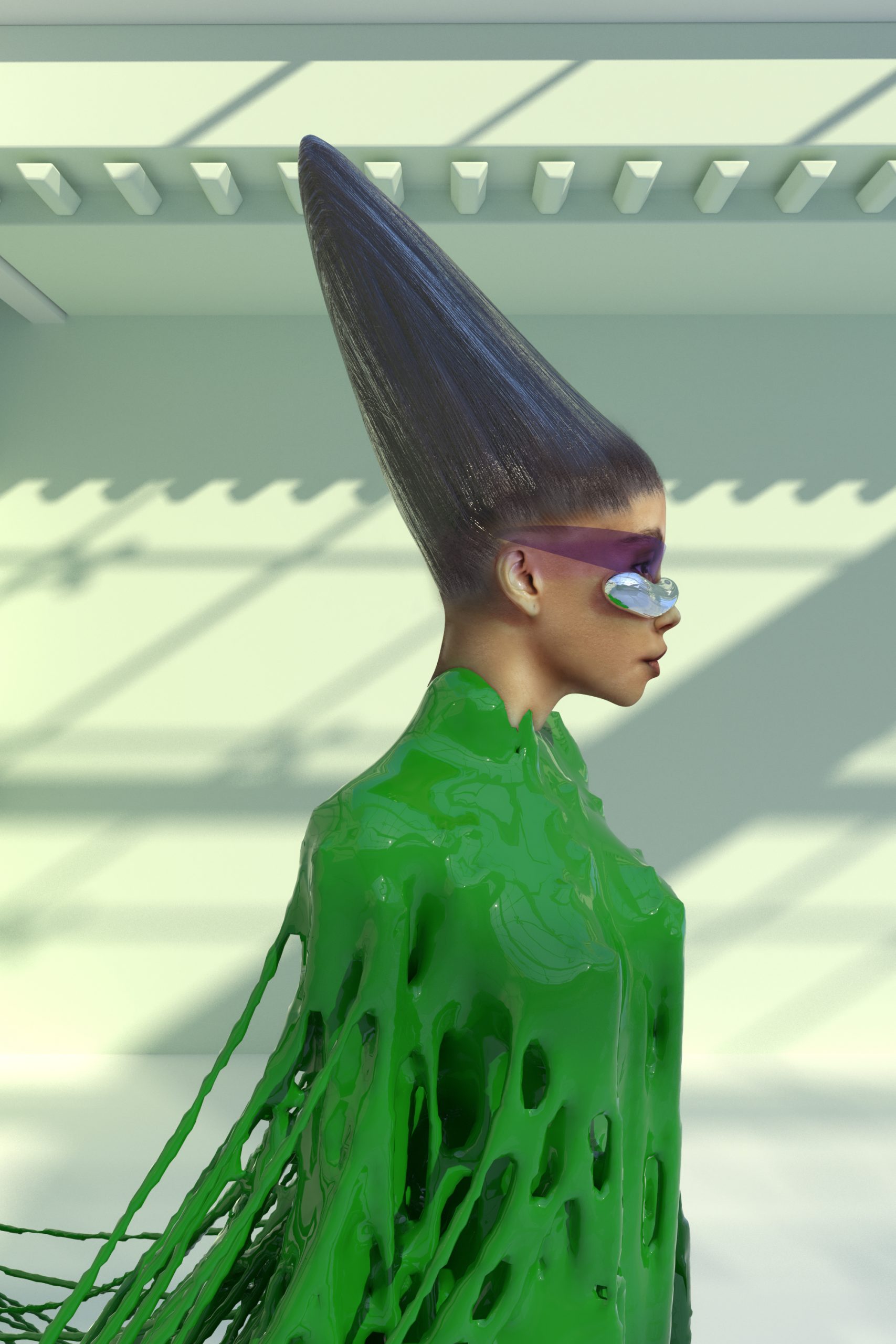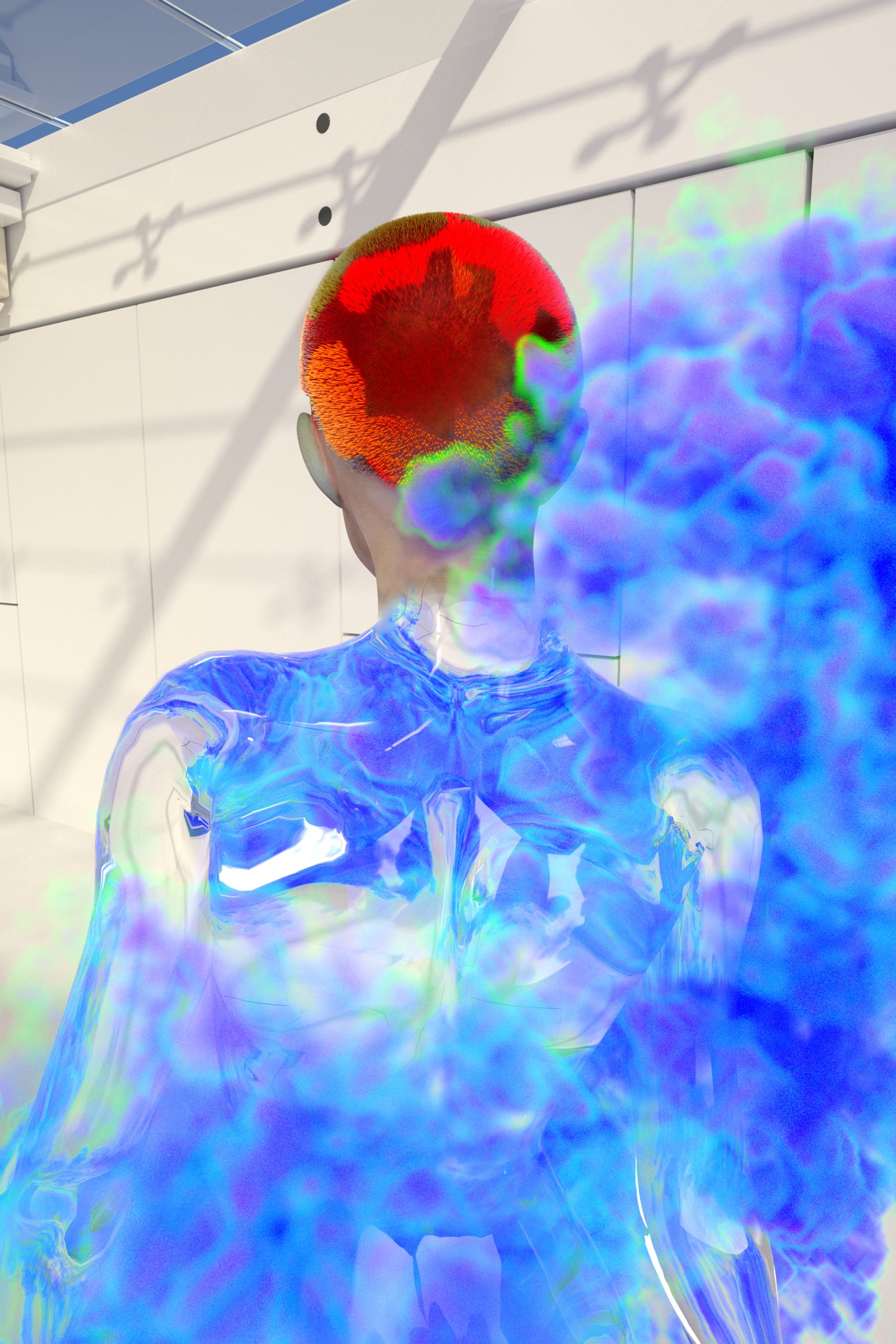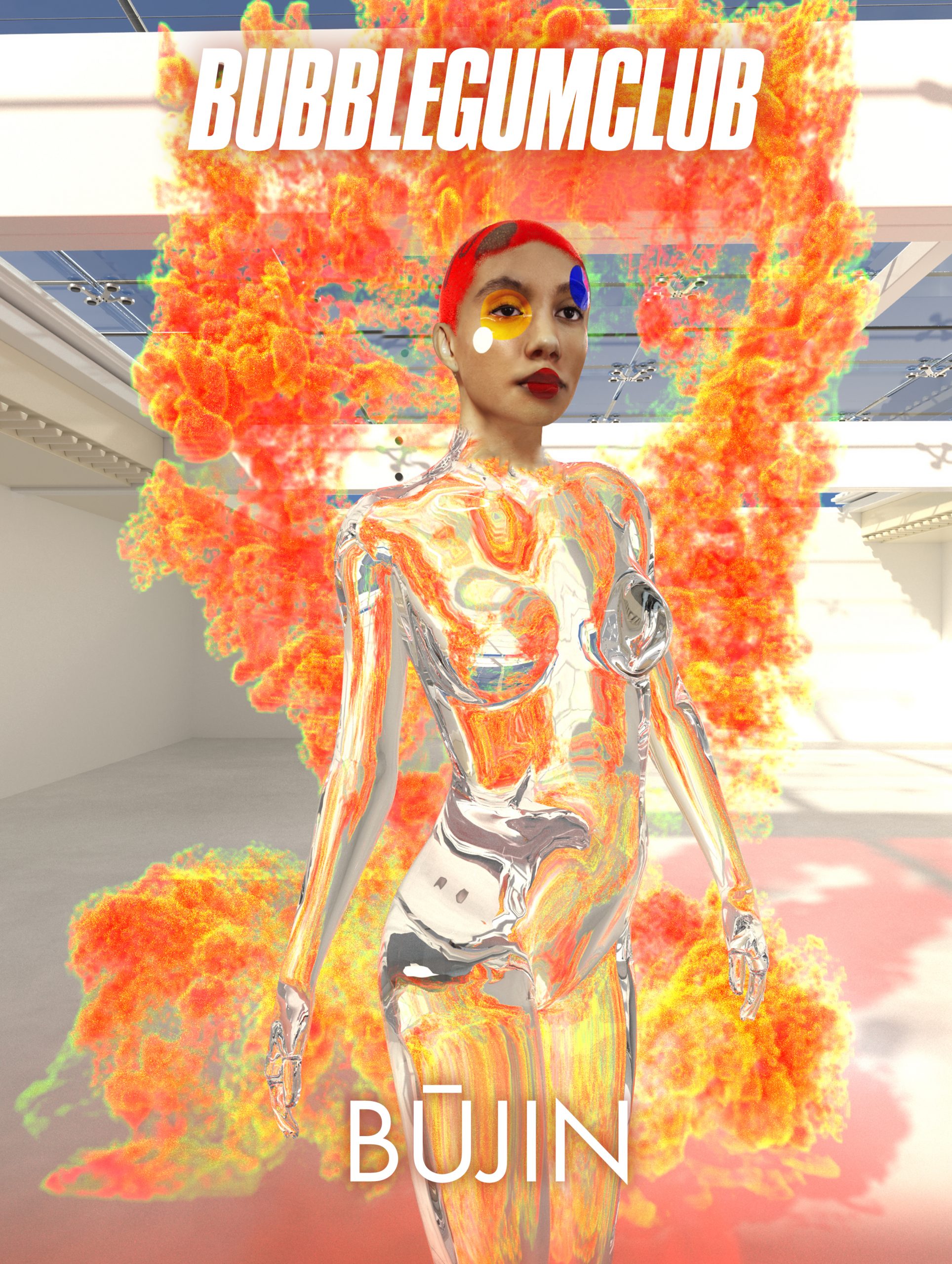if i sang the blues would that be new ? or knew ? would boos follow blues ? would blood follow, bud, flower, flow, ‘sang–froid’, cold-blooded, hot-blooded, male :: if i sang frigid would that be cool ? jazzy ? jizz, buzz, the word :: do i have the rite to write the body ? the right body to remain silent ? ‘habeas corpus’, to have the remains ‘dans mes mains’, my main man, handy man, unhand me, uncuff me, so i can speak in my sign(ifying) language :: signs, wonders, miracles, temptations :: three or four, tops:: hip hops micro-brouhahas, address em and from the mic :: ain’t nothing new son, about us being under the gun :: checked in the black box…
Evie Shockley, that’s a rap (sheet music for alphabet street)
“I propose that we think of not a black aesthetic’ or the Black Aesthetic, but of black aesthetics, plural: a multifarious, contingent, nondelimited complex of strategies that African American writers may use to negotiate gaps or conflicts between their artistic goals and the operation of race in the production, dissemination and reception of their writing”, writes Evie Shockley in her book of criticism Renegade Poetics: Black Aesthetics and Formal Innovation in African American Poetry. Form, for Shockley begins with music and music is where the matter of her growing-up-memories and embodied experiences find their first home and space of articulation, “My relation to poetry was shaped by jump-rope and hand-game songs the girls in my neighbourhood sang”. Where for Shockley poetry begins with music – music for BŪJIN begins with the body; a feeling body. The multi-disciplinary artists’ agility with and appropriation of traditional forms of music making and writing, in the service of radical creation and curiosities finds rooting in her sincere and sharply critical relationship with the chaos, contradictions and cackles of the world(s) she has come into contact with. Be it directly or indirectly; ancestrally, inter-generationally, by way of her desires, by way of the ocean or by way of her dreams, that have drawn (in)visible-to-the-eye-traces on her skin’s surface. An artist audacious enough to disavow the authority of tradition and the purity of form. Dani’s work “is focused on social-sonics and performance, songwriting, collaboration, production, dj-ing, sound installation and sonic-theatre-based research”. A Restless, Redykyulass, and Rebellious child who has detached her body from restraints. Teasing time and space. Ducking headfirst into the stiff fabric of the world we know and scrambling history with her bod, making it all a game for the body to enjoy; more flexible than physics (Binyavanga Wainaina).
Her practice which “involves marrying theatre (random acts of seeing) with the political intersections of abstract, embodied performance, theories and techniques of improvisation, free jazz, black techno histories and playing with memories through sonically curated and textured experiences in her live performances, DJ sets and installations”, reminds me of the work of liberation(s) and the constant commitment to trying and failing in honesty, love and radical imagination that that work requires. Her latest single “Sergio” featuring Keegan Steenkamp, introduced as:
a saudade,
a vivid haunting,
A fever dream…
Sounds like an ethereal, haunting chant. Not really knowing what to expect following her previous single releases, “Sergio” sits closer to “Rosaniline” than it does to “Weird Venom” on the genealogical sonic tree. It’s this possibility of encountering something new through Dani Kyengo’s work; of being taken apart and put back together differently—of being rearranged anew even if it’s just a little bit through the encounter(s) that makes her work so exciting and perhaps simultaneously intimidating to some who cannot access the pluralities and cosmologies contained within it, who try to translate it into algorithmic coherency. What follows is a journey of thought between Dani and I, where we move our way and thinking through her work and the multiverses contained within it. A conversation 5 years in the making, dreaming, (mis)arriving and (mis)understanding.

…
I want to start our journey of thought and conversation by summoning a site/sight, two actually you have excavated as companions to your practice being the body or corporality and the realm of feeling or affect. And I use the word excavate deliberately because I think part of creating, imagining, breathing and living in the realties of post-coloniality in their various mutating forms as a subject marked by H/history means embodying the doing of those things from a point that actively seeks to arrive at or “discover again” the cosmologies of creation and understanding by marginalised people that whiteness and its structures have sought to render invisible. It’s a particular kind of ancestral work. What led you to your body and feelings as the starting point of your artistic creation?
My body is all I know. I know it really well, I know what it’s telling me when my right shoulder starts aching. I know that the ring finger of my right-hand’s nail bed is unusually beautiful and that the middle finger next to that has a fat callous on it from years of blue-pen agony. I know that I’m more agile on my right side, but I’m stronger on my left. I know that Sade’s “Is it a Crime?” is one of the few songs that can make me cry, reach a climax and break into a palpating sweat. Not at the same time, unfortunately. Lol. That my jaw is slightly asymmetrical, and my spine is slightly skew from playing the violin, or why left achilles cramps when it’s cold because I injured it in a theatre performance in Makhanda in 2013. It’s like my first home and the last place I’ll die in. Not to sound corny or didactic or anything but it’s the first place to start.
There’s this part of the introduction to Left Turn Magazine’s Revolutionary Poetics by Alexis Pauline Gumbs which quotes anti-capitalist Jamaican thinker Sylvia Wynter it goes: We don’t quite know how to say it: the shapes our hands make in the world we deserve, the names we call each other past gender and domination, the feeling of how free we could be and the ways we will recognise the signposts and markers for how we get there. The meaning of life that we are building with our breathing is so radically different from the structural oppression we live under, we couldn’t describe it if we wanted to. And we want to. Revolutionary poetics is about the shape of that desire, the queer untimely affirmation that another world is not only possible but is here waiting for us to recognise its presence and transform ourselves accordingly.
I think of Infecting the City’s description of your work as an attempt to engage the listener in sound and sonics to ask questions about confronting post-and-present-myths, narratives, stories and new imaginings thereof. For her, sound is a legitimate site for histories and knowledge. And in the same breath I think of the work Asher Gamedze does through his album Dialectic Soul and the sonic poetics and grammar of revolutionary imagination it fabulates. I think your practice in all its multi-disciplinary articulations is located in the same space. However, I find there is a reckless tendency to label this type of work especially when created by Black people and people of colour as JUST political; a lazy and reductive way of engaging with it. I don’t think any Black creative sets out saying “okay I am going to make a song about Blackness” (whatever that means to you) but rather, sets out to translate into creation the myriad of their subjective experience(s), memories, desires etc. What is your response to people, music or cultural critics who choose to engage with your work as purely political?
To begin with, I don’t think there are enough cultural critics who engage with my work, period. Whether from a political perspective or otherwise. And that’s a conversation all on its own that I’ll come back to.
If they choose to call it purely political, that’s their unimaginative prerogative, and not my burden. My intention is to usually tell a story and use my imagination. For me that process is like connecting a series of dots, or a series of moments in time that are made up of many moments of ‘now’. I tend to lean into that Emily Dickinson quote because I’m almost certain Miss Emz, despite being a white woman [and in all] her 19th century caucasian womanhood glory, isn’t the only person or spirited intellectual vessel to ever embody that sentiment or feel compelled to connect the dots of the present in order to imagine moments of futurity, radicality, or disruption or whatever it may be. I know my work can never be just purely political because what does that even mean? What does that mean when I am in this body, in this country, gymnastic-ing through predetermined value-systems that I/we exist in? When my compositional techniques, my storytelling, lyrical suggestions of radicality and political voicings in my songs’ subtext is considered less ‘politically’ virile than men who are my contemporaries? My response to anyone who tries to call my work strictly one thing would be, ‘Read the room.’ Politics isn’t a singular narrative and neither is my work nor my existence. And I think as the ‘now’ echelons of black cultural producers, care givers, imaginers, innovators, assemblers, lovers, writers, abolitionists – we must try our best to move away from and not fall trap to the politik of the proverbial father as the vanguard [of the] politic. And I’m going to quote a sage moment of South African pop-culture… ‘five, four, three, two…your time is up….SORRrY!’ We’ve tried it, it’s time for more radical care, radical curiosity, spirited imagination and accountability dialogues.

Following from that, I think the space or cosmology of music or sonicscapes punctuates portals of engaging with certain parts/worlds of our existence/history/cultures as post-colonial Black people located in Africa that can’t be comprehended through the rigidity of language and categories of theory. Your personal relationship with sound, is it one based more on the possibility of creation or of discovery? Are/can those even be mutually exclusive in how you approach your practice?
It’s usually based on many possibilities and pluralities of creation, arrival and lots of improvisation. The feeling of “okay, we’ve arrived…somewhere…we didn’t expect” is nice. Yoh, it’s nice. “And we can keep going!” is a dialogue that that feeling opens up too. I especially love leaning into this “Fibonacci Tree” feeling, or the concept of Izithakazelo my dear friend, confidante and keeper of many Kanye debates, Luvuyo Nyawose speaks to, and I transpose as: the plural possibilities of “self” and familial branchings of creative discipline. I think as the producer you should always be able to exercise the muscle of surprising yourself with the possibilities of imagining. Sometimes I don’t get it right. But as I’ve become increasingly okay with not getting things right, and not aspiring for objective correctness either. Sometimes that’s all.
Discovery and creation are mutually exclusive or sometimes vastly different approaches to sound for me. I’m not particularly interested in practices of discovery or unearthing or “digging” as a breakthrough, or practices of “revealing” as a sonic approach. I think that method of approaching sonic production can be contrived – kind of like the magician and the rabbit trick – and has been set up as a socio-anthropo-research value-system over time, through the academy and proximity to museum and academy systems of research. It’s something I tend to gag at, at times, in the vinyl community or “collectors circles” – the rhetoric of “digging” and discovering some new “rare” thing in the “archive”, or some new artist – I find it quite violent. I’m much more interested in arrival and improvisation as a dialogue. I always think about, what if the archive could speak back? Would it want to be [dug], discovered or coerced to speak again?… If so, who is doing the speaking on [the archive’s] behalf?… What does that voice sound like, look like, and has it parachuted in or arrived by plane or does it live there? I’m putting out a performance project that throws a little critical fabulatory spice at this through sound.
With one of your previous works Negraah, Volume Four specifically, you zone in on the space of the sea/ocean to explore discourses of displacement and movement. I find the oceanic space incredibly sacred and think it’s both a site/ sight of ancestral connection and cleansing but also a literal and symbolic site that symbolises historical trauma and the middle passage. A reminder of how water also came to be tainted by the algorithms of white supremacy. As an individual whose identity exists at the intersection of multiple nationalities and cultures andandand, what did that “collaboration” of thought with the ocean allow for your own practice and how you moved through it?
At the time I made that mix I was reading Gabeba Baderoon’s, Regarding Muslims. It’s a funny story because that book was given to me by a friend, and I subsequently borrowed it to a mutual friend, Mmakhotso… Black people in Africa and across it’s diasporas have an incredibly complicated relationship with water both culturally and historically. While I was reading it and making the mix I was thinking through or trying to approach [the] work with the feeling of movement? At the time, I was in Europe, it was my first time there. Come to think of it, I dissociated for a lot of that trip because there was so much shifting, shucking and movement happening. But what I was also feeling was this rumbling exhilaration in my belly—like I was about to smell, see, feel something I hadn’t before. You know that feeling? It was my first time in Europe EVER. Also, I come from a family that hasn’t had the money or class security to travel somma just, or travel for leisure. So this was a big moment for me… going to perform and share work there.
The ocean, large bodies of water, were somewhat of a recurring theme in the sense that I dreamt it, read it and imagined it in Gabeba’s writing and my journaling more than I had proximity to the thing itself. The mix was a way of settling those feelings of confusion and disorientation of swimming in a new place trying to stay afloat. Knowing that metaphorically: “I’m a good swimmer… I have the skills and I’m here to do my job… right?”. I still find myself speaking to parts of myself to marry my deep self-confidence and embodiedness, wealth of knowledge and also my intense imposter syndrome and self-doubt. It too comes in waves. As a person I’m very much a watery-venus-pluto-mars dominant person. I have a lot of Scorpio. But my spirit is in Gemini, so I’m a fiend for data and I like to go deep. Quite literally, deep-sea diving once I get my brain on something. My partner likes to joke and tell me, “Oh Miss Dani, who must know everything and everything about that thing right now has arrived”. So, with my latest release, “Sergio”, there’s also a speculative inquiry toward the ocean and voicings between land that speaks to both South Africa and Brazil, and the haunting similarities shared between these two [places].

Something I really enjoy about your work is how it doesn’t take itself too seriously, you know? And in that moment of humour or what I would imagine to be an eye roll or lastig sigh as communicated by say your music, there’s a tender human connection that also ushers in joy. And I’ve been thinking a lot about joy especially in relation to Black people and people of colour as a strategy of time travel—since time can be manipulated and taking into account how this world built by whiteness was built to shut us out of living in joy and where we do create it, whiteness seems to demand some huge sacrifice for it. So, through this I also place your work in the space of Afrofuturism(s). But what’s your intimate relationship with the space of Afrofuturism(s) specifically in relation to your work?
I like that you describe it as a lastig sigh, it’s so generously somatic… I’d love to make a song called that because it would be exactly that . “A lastig sigh…” for Lindiwe.
I’ve been thinking through some of Rasheedah Phillips works and words of other black queer women or black femininities with regards to Afrofuturism(s), and futurities of time, “time keeping” and the body. I resonate with the thinking and sonic and somatic possibilities that open up when considering the future, that we will reappropriate and recondition within the capitalist frameworks and value-systems of productivity, of time to fight back against temporal and corporeal oppression. My sound, performance work and current research really tries to imagine this as a potential actionable liberatory practice through embodied resistance – composition, choreography, somatics and music making. I know this is a mouthful for some folks who aren’t adjacent to the academy or who don’t easily make sense of the english language, and that’s important to acknowledge in the value-systems we set-up for ourselves. So I try as much as possible, lately, to speak of my relationship to joy, desire, black virtuosity, black plurality, time and futurities in as simple terms as possible. At the moment that looks and sounds like bridging dialogues between many variations of techno, rhythms, voicings (vocalities) and jazz instrumentations and aural-imagery composition: ‘ear’ imagery – also how our bodies are/have been vessels that retain and hold onto really precious data through moments of time and surveillance technologies. Moments of strict ‘historical’ metronome, movement, land dispossession and corporeal (bodily) hauntings. I’d like to hope that work with the future also involves a lot of healing, tasting, smelling, sounding, loving (and some lastig), sharing, forgiving, and feeling more and more like my damn self.
Credits:
Creative Direction by: Jamal Nxedlana
CGI by: Lex Trickett




















































